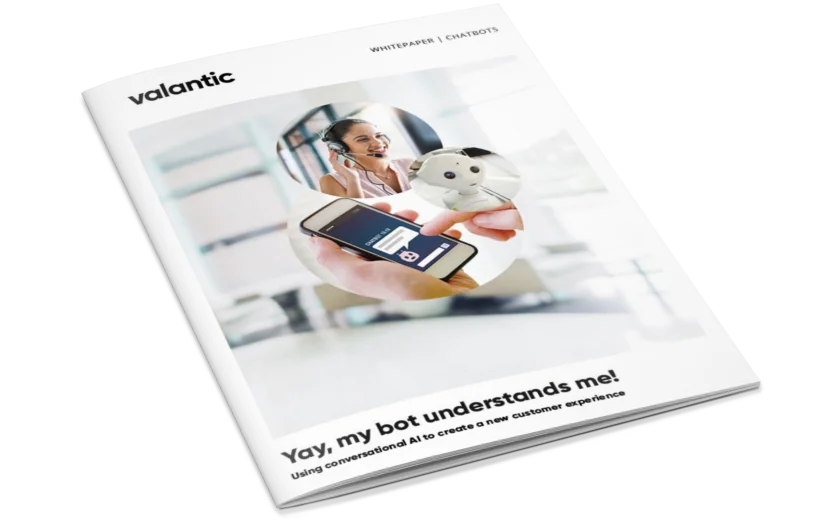Turning Challenges into Opportunities
Strategic Consulting and Digitalization Solutions for the Insurance Industry
Today, modern digitalization technologies provide insurance companies with more precise insights, more reliable risk calculations and greater transparency when making decisions. These optimizations enable companies to position themselves more efficiently and improve customer care. With our expertise, we accompany you on your path to digital transformation.

Between tradition and technology: The revolution of the insurance industry through digital innovations
The insurance industry can look back on a long and successful tradition. A quick summary: The insurance industry was born in the years after 1666. A devastating blaze destroyed four-fifths of the City of London and left more than 100,000 residents homeless. Fortunately, the disaster cost the lives of only a few people, but the damage reached astronomical heights. As a result, people wanted to protect themselves against damage. The first fire insurance companies, such as the Feuerkasse Hamburg, were founded at this time.
The challenges facing the insurance industry were the same then as they are today, but the conditions have changed. Modern digitalization technologies open up huge opportunities. They provide more accurate insights, more reliable risk calculations, greater transparency in decision-making, and they enable insurance companies to be more efficient and serve their customers faster and better.

White paper: Yay, my bot understands me!
Using conversational AI to create a new user experience.

Early digitalization brings many advantages
Today, innovative health insurance companies see themselves as a source of impetus for the development of digitalization in health care. According to surveys of the insured, applications such as online reporting of sick days, e-prescriptions, electronic patient records (ePA), video consultation, and remote diagnoses are often desired, but are not yet implemented consistently. Here’s an example: The e-prescription is the best-known application in Germany. Seven out of ten insured persons plan to use the gematik app in the future, but the implementation is lagging behind. Early digitalization brings many advantages: It opens up an opportunity for insurance companies to score points for being innovators, especially among young, technology-oriented people, and to gain new customers.
Early digitalization initiatives in Consulting have an even more helpful impact on internal processes. In particular, simple operational activities such as approval procedures, invoice verification, and the processing of appeals will be completed more quickly, with significant savings potential. At the top management level, decision-making processes are becoming more transparent. Based on current figures, the management knows at all times how they are currently “doing.”

Business analytics: Reduce costs, improve member services
Practice profiles, which compare individual doctors’ practices with their specialist group, bring more transparency into the billing process and make deviations from typical referral and prescription patterns visible. Fraud prevention and more successful customer management are additional use cases for powerful business analytics and data warehousing that consolidate, analyze, and deliver up-to-date insights into all relevant data in one place, resulting in reduced costs and improved customer service. However, most insurance companies are not yet taking full advantage of business analytics. They are therefore missing out on opportunities and optimization potential.

Morbi RSA Risk Structure Balancing
A concrete case study for successfully used business analytics that pays off directly: Morbidity-oriented risk structure balancing (Morbi RSA) is a balancing mechanism between insurance companies with a good risk structure and those with a bad risk structure. Insurance companies that have not consolidated their data in a data warehouse and made it evaluable are missing out on millions of euros annually because they cannot formulate and substantiate their claims precisely.
A strategically designed data warehouse plus integrated business analytics creates a unified database for all company-wide reporting. It improves ePost import management, HR reporting, and it helps with risk calculations, revenue and plausibility checks, and all financial planning. valantic’s consultants have more than 20 years’ experience in developing and implementing digitalization solutions tailored to the needs of the insurance sector. The management of complex transformation projects and training of specialists and managers is in expert, experienced hands at valantic.
Turning Challenges into Opportunities
Start the strategic development of your company with valantic now. Realize cost savings potential, strengthen customer loyalty, and gain new customers.References & News
Your Contact

Anastasios Christodoulou
Your specialist for a free initial consultation.
valantic Division Digital Strategy & Analytics


